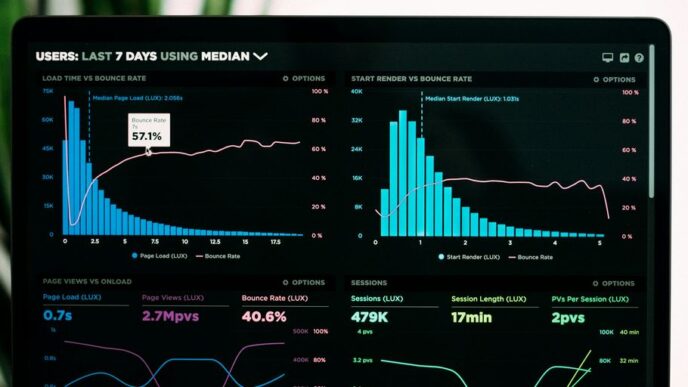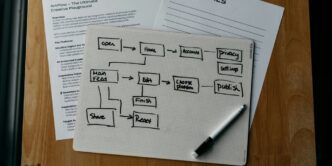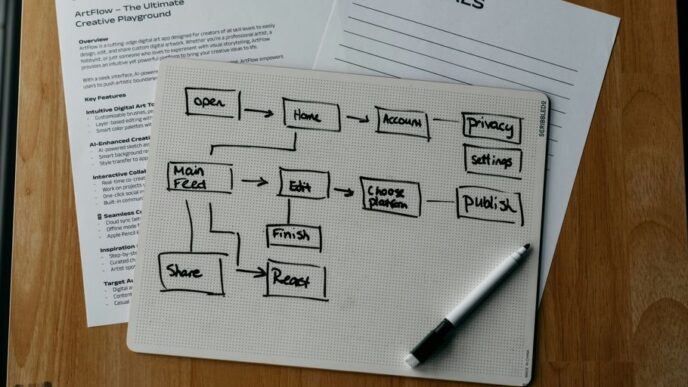Debt is simply an obligation that requires you, the debtors, to pay a specific value, either money or some other agreed-upon value, to another party, the lender. Debt is not necessarily a lump sum payment, or a single payment, that differentiates it from personal purchase. If a person purchases a diamond ring, for example, he pays for the ring, makes payments on time, and does not resell the ring until some years later. The diamond’s value is determined at the time the ring is purchased, not at the time the diamond is resold. That sale of the diamond, therefore, does not change the value of the diamond.
Debt also can be in the form of “bonds.” Bond is different from debt only in the way that the obligation attaches itself to a particular date. This date is called a maturity date. A bond issues from a financial institution and becomes due and payable on a certain date, generally a date selected by the issuer. A variety of debts may be returned by paying the principal (face value) plus interest (on a monthly basis, in most cases), in combination with certain additional fees called premiums.
Another type of secured debt is mortgages. Like bonds, mortgages are usually due and payable on a specific date. Mortgagees can be mortgages on a property (like a house), or equity (a piece of property held by an individual).

Unsecured debt is debt that is not secured by any collateral. Examples of unsecured debt might be credit card balances, medical bills, or utility bills. In these situations, the borrower has no collateral to fall back on should the borrower become unable to make payments. In this scenario, the lender, rather than the borrower, retains the asset as collateral.
Depending on how much debt a borrower carries, their choice of collateral may impact how much they pay in interest over time. Banks use collateral to secure loans. If a homeowner takes out a home equity loan, for example, the bank uses the home’s equity as collateral. The bank will use much debt may force the homeowner to sell their home or take out a mortgage again.
As you can see, choosing the right debt consolidation method depends on how much debt you carry, and how well you know your financial situation. If you are carrying a large amount of bad debt, then a long-term loan would probably be your best option. However, if you aren’t sure what your next step is, it might be a good idea to put all of your financial information on a website and get a free quote. This will help you find out who will be the best loan provider for your needs.












